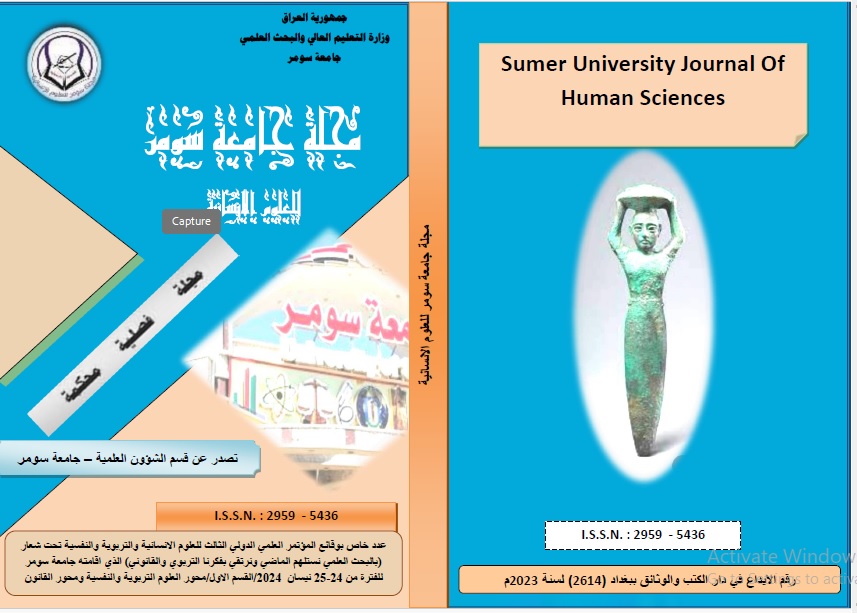The Crime of Practicing the Profession of Private Security Protection Without a License (Analytical study)
Abstract
This research, tagged with (the crime of practicing the security protection profession without a permit (analytical study)), deals with an important topic related to the practice and provision of private security companies and their employees to those who request them from natural and legal persons without following the legal procedures drawn up by the legislator in the necessity of obtaining On the license to practice the profession before practicing this business, which is one of the innovations of the criminalization policy pursued by the Iraqi legislator in the Private Security Companies Law No. 52 of 2017, within the framework of Article (25) thereof, which punishes anyone who practices the profession of security protection without a permit with imprisonment and a fine Not less than (100,000,000) one hundred million Iraqi dinars, unless the law provides for a more severe penalty. This matter is calculated by the legislator in order to deter private security companies in the event of their breach of their legal duties. We have dealt
with the topic of the research according to a plan consisting of two sections, we devoted the first section to examining the concept of the crime of practicing the profession of private security protection, while the second section dealt with the objective provisions of the crime in question by dealing with its general elements and its penal effects, so that we conclude our research with a conclusion that includes the most important findings of the research From the results and proposals, we hope the Iraqi legislator will listen to them, and from that we recommended expanding the scope of criminal behavior in a manner that accommodates the occurrence of the activity intentionally or negligently, as well as proposing to add the phrase “and the funds of the private security company shall be a guarantor in all cases to meet the rulings of financial fines” to The inability of Article (25) of the law in question.


